Is your last name spelled Chan, Chinn, or Tan? If so, there’s a good chance that the original Chinese surname of your ancestors is 陈, pronounced Chen in Mandarin.
Chen is the most common surname in southern China, Hong Kong, Taiwan, and Singapore. If you can imagine a world where everyone has the same surname as you, that’s probably how your ancestors felt. In China alone, there are around 70 million Chens, or more than the entire population of France. Among them, 50 million can trace their ancestry to Yingchuan in Henan province, the largest branch of the Chen clan.
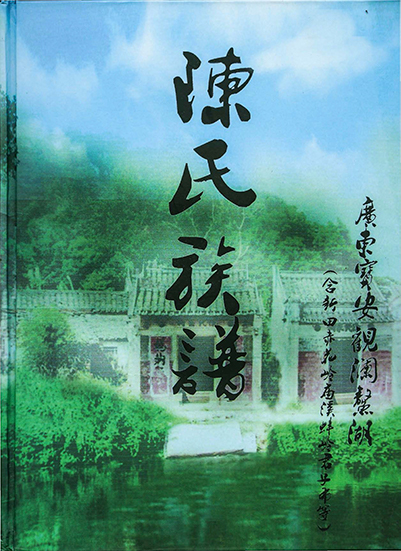
Looking for your Chen family history book?
What are the origins of Chen?
Chens are descendants of the legendary Emperor Shun, the last of eight mythological rulers of ancient China who brought order to the realm over 3000 years ago. Meaning ‘old’ or ‘antiquated,’ the origins of the surname Chen date back to an imperial powerplay for legitimacy.
After overthrowing the Shang in 1046 BC, Wu Wang, the new king of Zhou, sought alliances with noble families to justify his rule. Gui Man, whose entire family descended from Emperor Shun, was granted the region of Chen and wedded to Da Ji, the king’s eldest daughter. From then on, his descendants adopted the surname Chen, posthumously renaming him to Chen Hugong, their founding ancestor.
Gui Man became the first Chen in China at a time when only 50 million humans inhabited the entire planet – less than the population of South Korea today. David had just defeated Goliath in modern-day Israel, and someone in Phoenicia invented the first known alphabet!
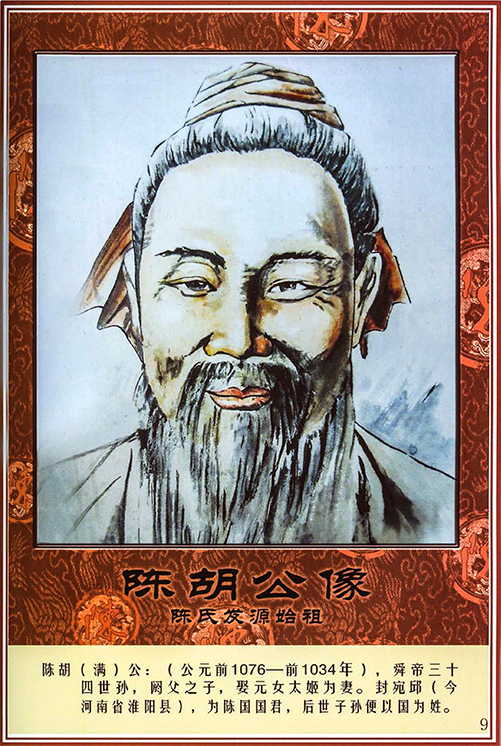
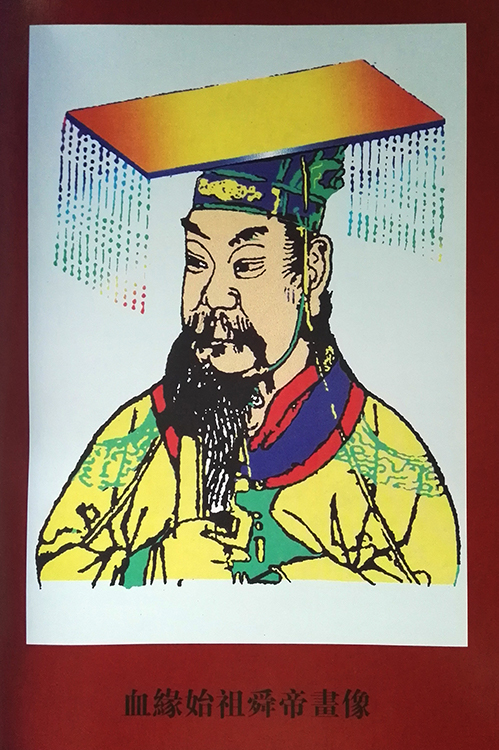
Did you know?
The origin of the popular Sichuan dish, mapo tofu, can be traced to the Chen Xingsheng Restaurant, a small eatery in Chengdu run by a couple with the surname Chen. Created in 1862 during the Qing Dynasty (1644-1911), mapo tofu means “pockmarked grandma’s beancurd,” named after the pockmarked face of Mrs. Chen.
Image: The Woks of Life
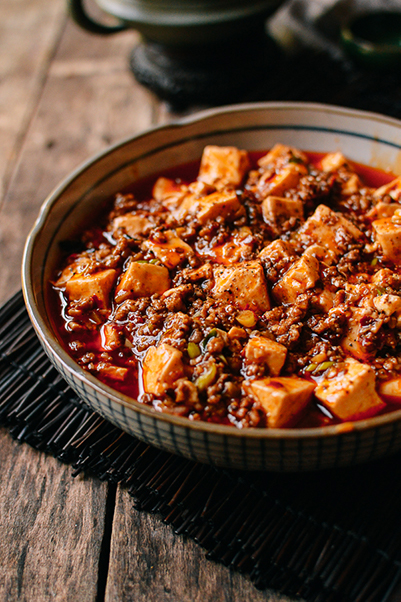
Chen

| Meaning | Old, antiquated |
| Symbols | 阜/阝(“hill”) + 東 (“east”) |
| Legendary Ancestor | Emperor Shun 帝舜 |
| Founding Ancestor | Gui Man 妫满 |
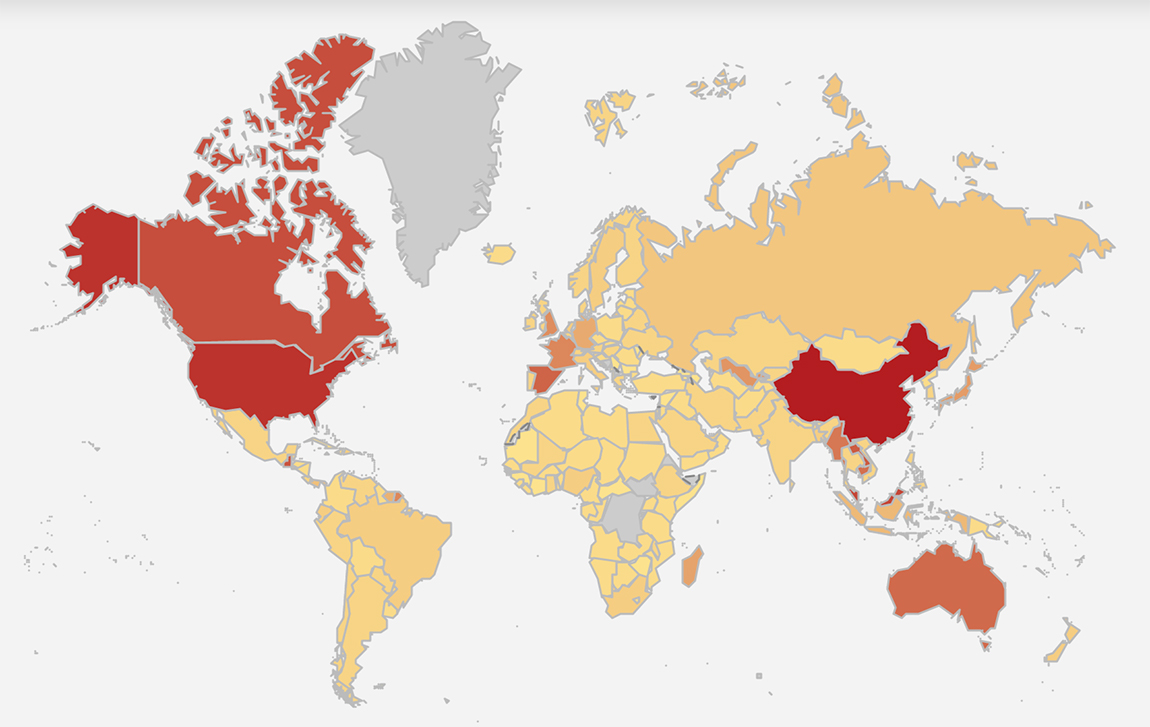
Spelling Variations
By Dialect
| Cantonese | Chan, Zen |
| Hainanese | Dan |
| Hakka | Ch’iu, Qin |
| Hokkien | Din, Ding, Tan, Tin, Ting |
| Mandarin | Chen |
| Teochew | Tan |
By Country
| Australia | Ah Kew, Leanfore |
| Jamaica | Chance, Chin, Chinn, Chin You, Ewing-Chow |
| Korea | Chin, Jin |
| Malaysia | Chan, Chen, Chin, Ding, Sin, Tan, Tang, Tin, Ting |
| Singapore | Chan, Tan, Ting |
| USA | Akina, Awai, Ching, Tchen |
| Vietnam | Trần |
Who are famous Chens in modern history?
From emperors, prime ministers, and generals, to intellectuals, film stars and kung-fu masters: there’s nothing that Chens can’t do. Some of the most prominent Chens in modern history include:
- Jackie Chan, kung-fu and Cantopop superstar
- Tan Kah Kee, Singaporean businessman and philanthropist
- Julie Chen, CBS news anchor
- Steve Chen, co-founder of YouTube
- Priscilla Chan, pediatrician, philanthropist, and wife of Mark Zuckerberg
- Patrick Chan, Canadian figure skater
In addition, the founders of the Tran and Ho dynasties – competing ruling houses in Vietnam – both trace their ancestry back to Gui Man, the very first Chen.
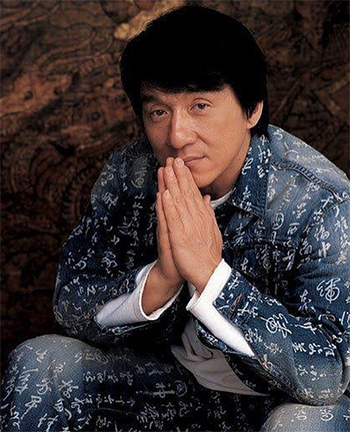
How do Chen families stay connected today?
The World Chen Family Association regularly organizes reunions for delegates from Chen clan associations around the world to strengthen partnerships and celebrate their heritage over dinner parties.
Many Chen clan associations also participate in the World Shun United, an international conference uniting descendants of the ten surnames originating from the legendary Emperor Shun (Che, Chen, Lu, Hu, Sun, Tian, Wang, Yao, Yuan, Yu).
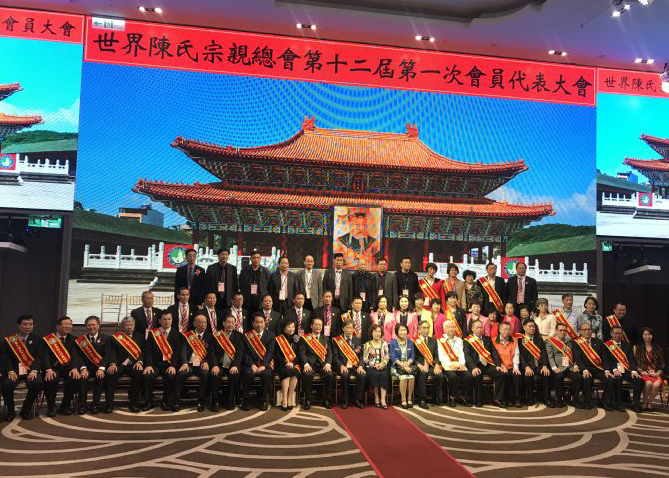
Are you a Chen? Who were your ancestors?
You can find the stories of your ancestors in a Chen zupu, or family history book. Known as the Holy Grail of Chinese genealogy, a zupu records the names of your ancestors, their values, migration journeys, and more.
What do you know about your family history? Tell us in the comments!
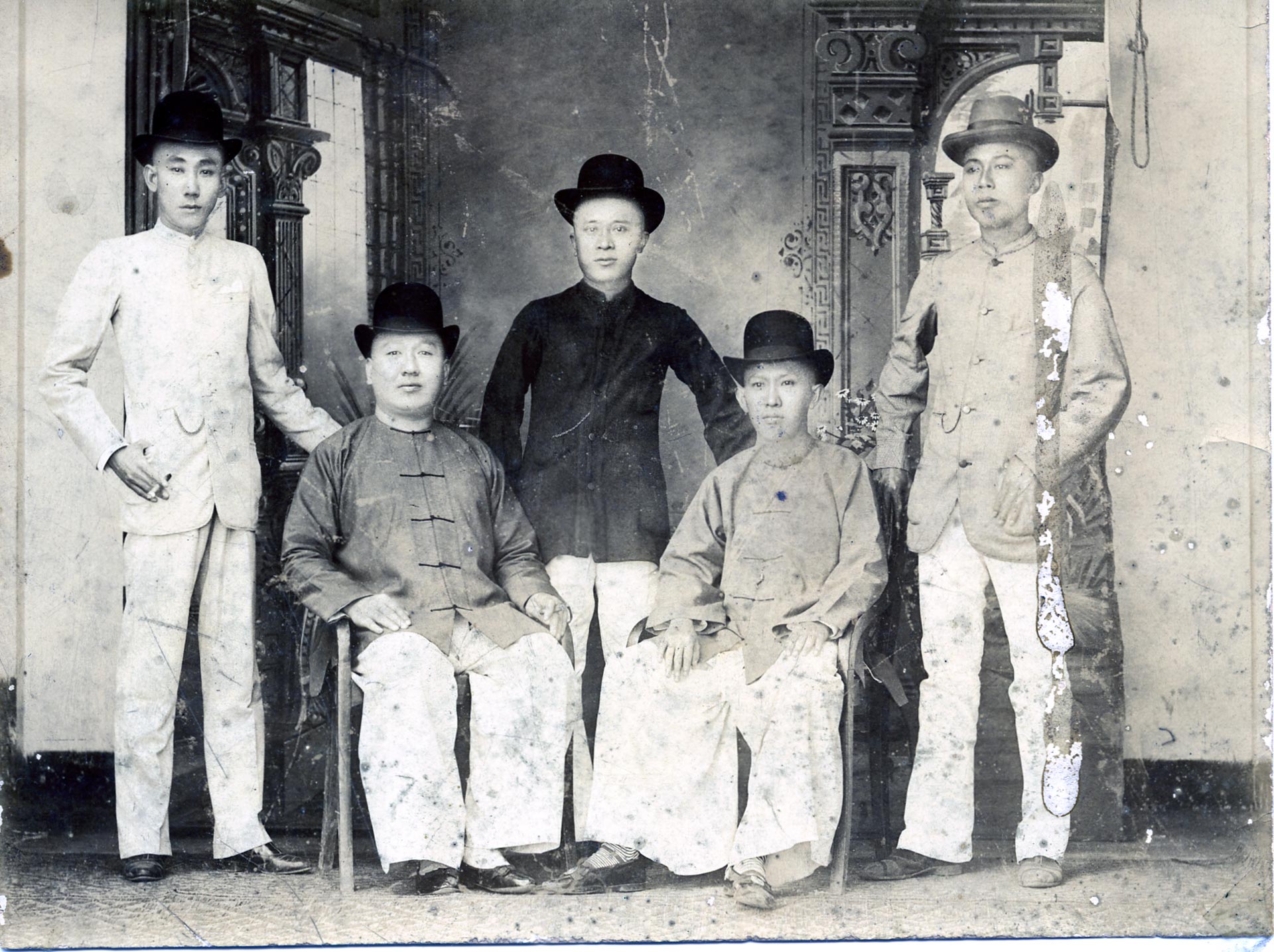
Discover the names and stories of your Chinese ancestors!
If you are interested in uncovering your family history, we would love to be of assistance. Our global team of researchers has helped hundreds of families discover their Chinese roots. Learn more about our services or go ahead and get in touch!
With the global pandemic, My China Roots is offering virtual tours packaged with our research trips to your ancestral village. Check out a demo here!


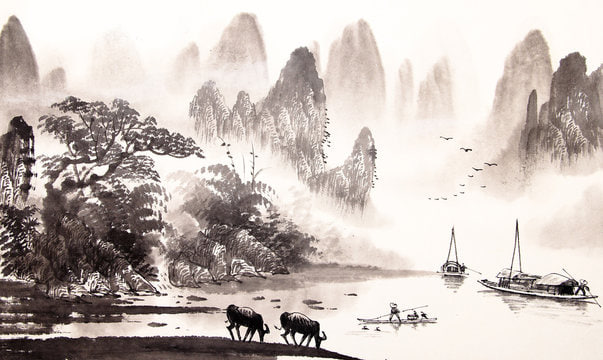

My great, great grandfather was a widower who left China for Trinidad West Indies. He left with his daughter on a British ship in the mid to late 1800s. I believe he left from Hong Kong.
Wow, thanks for sharing their story. Do you know your great-great-grandfather’s Chinese surname? We helped a descendant in New Zealand find her Chinese relatives using her grandfather’s diary about his secret life in Trinidad. Turns out he founded the first Chinese association & secret society there to fundraise for Sun Yat-sen’s 1911 revolution. Curious where your ancestors’ footsteps have led your family…!
My Grandfather, Edwin Chin, left Niuhu Village, Guanlan Town, Longdua District in the earl 1900s and travelled to Jamaica where he opened a shop. He returned to China and married Marie Fong from Pai Sa Wei Village taking her to Jamaica too. My Dad, Edward Chin was born in Jamaica and went to England at 18 years old not knowing anything about his Chinese ancestry and not able to speak Hakka, Mandarin or Cantonese. Effectively we knew nothing and Edwin and Marie were dead. However, help from family and the Jamaican Chinese Benevolent Society we managed to track down the ancestral villages and travelled to Niuhu (Chin) and Pai Sa Wei (Fong) villages in 2015 – what an experience that was, and at the same time we were given a hard copy of our Zupu by local officials, although no translation so it’s difficult to work out where we sit in the Zupu.
What an amazing journey! How did you feel when you returned to your grandparents’ villages? Did your father take the trip together with you? If you’re interested in deciphering your zupu, we’d love to assist you with its translation. For an idea of a zupu’s anatomy, check out this sample menu of sections we typically see in a zupu, as outlined in its Table of Contents. To explore your zupu further with us, please share your story here, and one of our researchers will be in touch!
Wow… this is amazing. My grandparents are also Chin and Chen and left Niuhu Village around early 1920s and came to Trinidad. Some went to Jamaica too. Is there a remote chance we are related? I studied at Mona too but didn’t know about my Chinese roots. Only now tracing my roots.
Hi Vince, Last year I visited my ancestral village . I felt I was transported back a century or more … a profound connection with my past.
My grandfathers name ching wong hing from guangdong china, i need to if there is some relatives there to visit sometimes and asking to know the exact address and place, tnx.. Im from the philippines..
Thanks for your message! We’d love to help you find living relatives and the exact location of Ching Wong Hing’s ancestral village. Feel free to get in touch via our website and one of the team will get in touch with you directly!
I found out through Ancestry DNA, I have Chen and dang relatives, relatives from China and Mongolia. God bless.
Hi to my big Chen family.
I was born in Vietnam and now living in USA.
Wish you guys are doing well. Love y’all.
Note:
In Indonesia Chen or Tan is the fifth largest family name.
Any zupu information regarding Tan family name for Indonesian region.
My great great grandmother is a Tan and probably born in Fujian migrated to Indonesia about 1840s with her husband Lim Tjiang (LIn Quang Qian) settled in Kudus city. Ancestral place probably Nanyuan Park (Southern Garden) a village in the coastal area far Southern of Fuzhou, Fuqing.
Where can I find the World Chen Family Association? I cannot find them on Google. Do you maybe have an e-mail to contact them?
Hey Joseph, its an association from Taiwan so you may need to search for it in Chinese. Try searching: 世界陳氏宗親總會
I really need some help with my ancestor Chen/Chin Langtip born 1837 Xining Qinhai China. His fathers name was Chen Yen Geng. Apart from that we are totally ignorant of his origins.
My Chen family (Tan in Hokkien) is from Gu Cuo Cun in QuanZhou. There were about 200 relatives there in the village when I visited anonymously, back when they still had the one-child policy. So I remember being in awe that the people in this small place probably have 10,000 plus relatives around the world.
My Ancestors were from Fujian, China they arrived here in the Philippines in the late 1860s, their surname was TAN.
My surname in pinyin is Zeng (Hakka). Does this surname trace back to Emperor Shun?
Hi Sen Chen, it might be, but first you’d need to find the correct Chinese character for your surname, a good place to start would be our surname search engine: https://www.mychinaroots.com/surnames/detail?word=Zeng. otherwise, just book a free call with us! https://www.mychinaroots.com/services